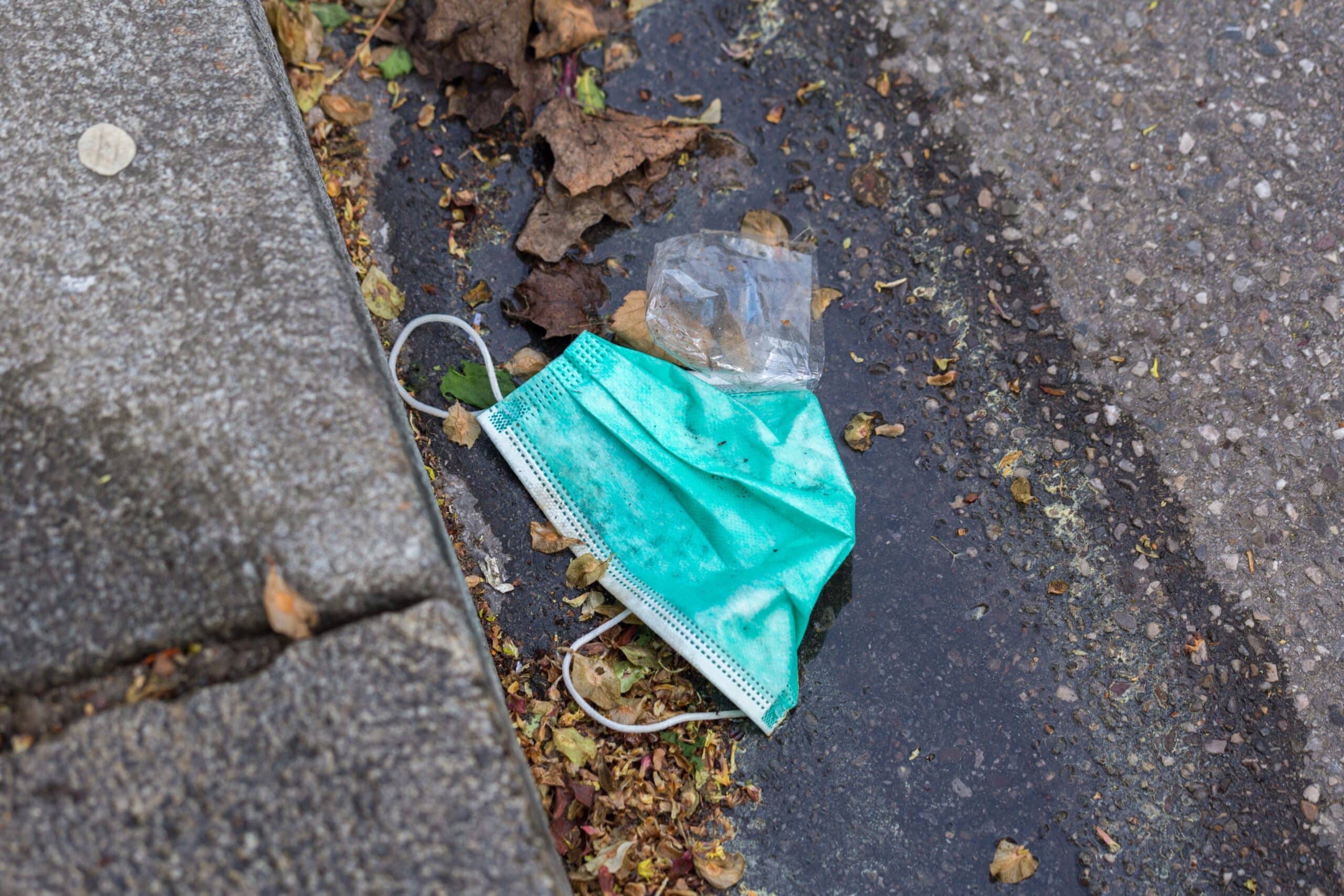Does a mask work? It’s a question recently posed by the Danish newspaper Berlingske,[i] and one that would seem to demand an answer from scientists and public health officials alike. Yet, despite mask mandates existing in 34 U.S. states and the District of Columbia,[ii] there’s shockingly little hard data about whether or not they slow the spread of infectious disease.
Researchers from Denmark wanted to change that, conducting what may be the only randomized trial[iii] to determine if masks actually protect against COVID-19,[iv] but multiple medical journals have refused to publish the findings.
Thomas Benfield, a researcher at the University of Copenhagen and one of the study’s lead authors,[v] was asked when it would be published. Former New York Times reporter Alex Berenson published Benfield’s emailed response on Twitter, which is simply: “As soon as a journal is brave enough …”[vi]
What Does the Danish Mask Study Reveal?
Speaking to Nature in October 2020, Benfield said his team wasn’t yet ready to share the study’s results.[vii] In truth, three medical journals — The Lancet, the New England Journal of Medicine and the Journal of the American Medical Association — have refused to publish the study, leading to speculation that it reveals a message that goes against the status quo.
Berlingske, which is the oldest daily newspaper in Denmark, suggests this is so, stating (loosely translated), “The researchers behind a large and unique Danish study on the effect of wearing a mask even have great difficulty in getting their research results published. One of the participating professors in the study admits that the still secret research result can be perceived as ‘controversial.'”[viii],[ix]
The study included 6,000 participants who were randomly assigned to wear a face mask or not for a 30-day period. Participants were confirmed to not have COVID-19 or symptoms of it at the start of the study, and they were required to spend more than three hours per day outside of the home with exposure to other people during the study period.[x]
Described as an “outstanding sample,” the Berlingske article, which was written by Lars Henrik Aagaard, praised the study, noting, “The study and its size are unique in the world, and the purpose was once and for all to try to clarify the extent to which the use of masks in public space provides protection against corona infection.“[xi]
While the results were originally expected to be published in August 2020, Benfield later said that his comment was taken “a bit out of context” and, “The article is being reviewed by a respected journal. We have decided not to publish data until the article has been accepted.”[xii]
Study Co-Author Hints at Controversial Results
Aagaard interviewed another of the study’s researchers, Christian Torp-Pedersen, a chief physician at North Zealand Hospital’s research department, who similarly said, “We cannot start discussing what they (the medical journals) are dissatisfied with because, in that case, we must also explain what the study showed, and we do not want to discuss that until it is published.”[xiii]
He then went on to say that he “might also have dared to go as far as Benfield,” had he been asked why the results haven’t been published, referring to his “brave enough” comment. Aagaard asks, “Does this mean that your research results may be perceived as controversial in the eyes of some?” to which Torp-Pedersen replies, “That’s how I want to interpret it, too.”
Aagaard then states, “Can one interpret a controversial research result in the sense that no significant effect of mask use is demonstrated in your study?” Torp-Pedersen says, “I think that’s a very relevant question you are asking.”[xiv]
Dr. Henning Bundgaard with Denmark’s Rigshospitalet is another of the study’s authors. In speaking with Bloomberg in July 2020 — when he still expected the study’s results to become public the next month — he said, “All these countries recommending face masks haven’t made their decisions based on new studies.“[xv]
Denmark was one of the latest countries to institute a mask mandate, which took effect October 29, 2020, for all public indoor spaces.[xvi] In July, however, Bundgaard told Bloomberg he worried mask mandates may offer a “false sense of security” and make people “sloppy” when following other guidelines like handwashing, self-isolating if you’re sick and social distancing. Also revealing is Bloomberg’s last paragraph:
“Bundgaard’s study on masks is due to be published next month. In the meantime, he says he hopes they don’t become mandatory in Denmark.“[xvii]
Masks have become a contentious topic in the U.S., dividing neighbors, colleagues and families over whether or not they slow the spread of infectious disease. The controversy continues to grow, particularly since public health officials have been giving conflicting information from the start,[xviii] and solid data, such as what may be revealed via the Danish study, is sorely lacking.




